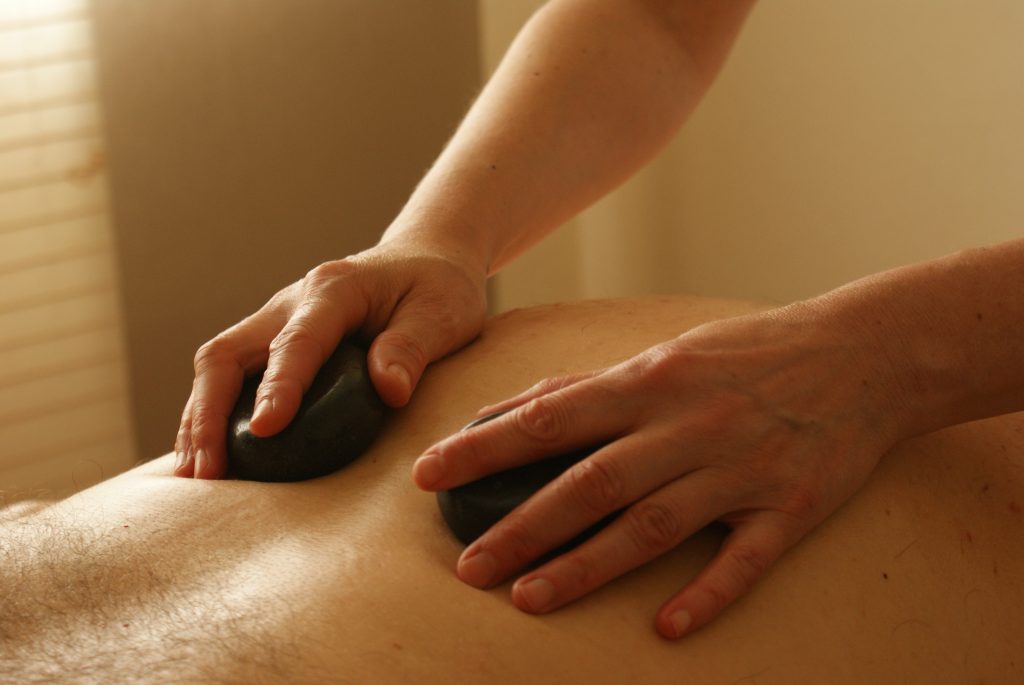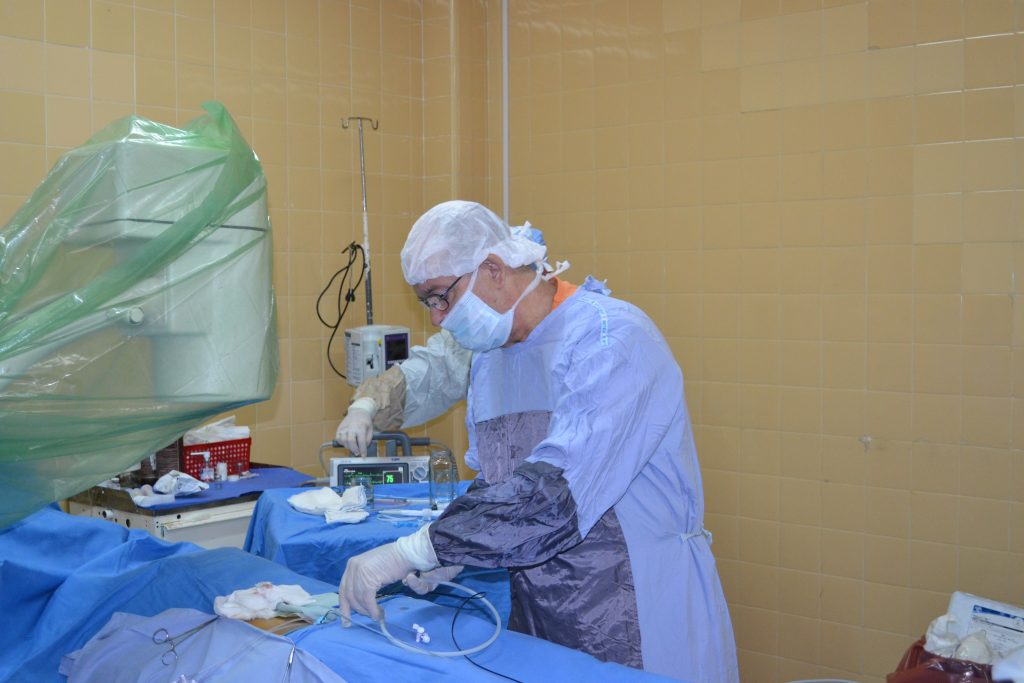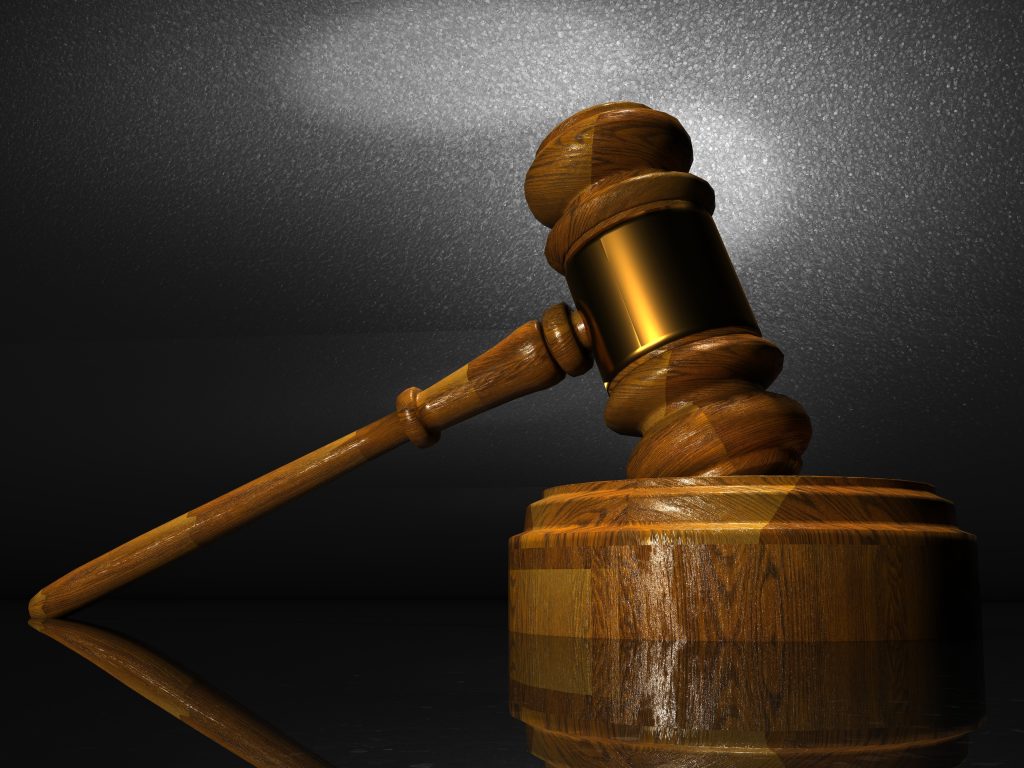 Many jobs require physical labor, which comes with some risks of injury on the clock, especially for those who install and move equipment. Sometimes you get injured while working, and you think, “maybe I can just work through this.” However, if you attempt to work through an injury and don’t report it immediately to your employer, they may try to avoid paying you workers’ compensation benefits. This happened to James Payton, a veteran and previous employee of NASA. Payton’s case helps answer the question; Can I get Workers’ Compensation Benefits if I Don’t Immediately Report My Injury?
Many jobs require physical labor, which comes with some risks of injury on the clock, especially for those who install and move equipment. Sometimes you get injured while working, and you think, “maybe I can just work through this.” However, if you attempt to work through an injury and don’t report it immediately to your employer, they may try to avoid paying you workers’ compensation benefits. This happened to James Payton, a veteran and previous employee of NASA. Payton’s case helps answer the question; Can I get Workers’ Compensation Benefits if I Don’t Immediately Report My Injury?
James Payton began working for Sears in 2013. Before this position, Payton served in the military and worked for NASA for 31 years. He was hired at Sears as an appliance technician, which requires some physical labor. During a shift, Payton was installing a washer/dryer in a residence and injured his back. Payton had never been involved in another accident or had injured his back before his employment with Sears.
Payton continued working after his injury in the hope it would correct itself. Unfortunately, the injury worsened over the next few days, and Payton found it challenging to complete simple actions, such as getting out of bed or driving a car. After visiting a physician and receiving an MRI, it was confirmed that Payton had herniated discs in his lower back, and he was advised to avoid heavy lifting. He then reported his medical diagnosis to Sears approximately a month after the initial injury.
 Louisiana Personal Injury Lawyer Blog
Louisiana Personal Injury Lawyer Blog


 If you are involved in a lawsuit, you probably have a lot of things on your mind. However, you must pay attention to the required deadlines and time to respond to documents from the other side, including requests for admission. If you do not respond on time, you might be deemed to have admitted to facts that are helpful to the other side. That could cause significant implications for your lawsuit. The following Louisiana lawsuit shows the deadline to answer and the effect of admission requests.
If you are involved in a lawsuit, you probably have a lot of things on your mind. However, you must pay attention to the required deadlines and time to respond to documents from the other side, including requests for admission. If you do not respond on time, you might be deemed to have admitted to facts that are helpful to the other side. That could cause significant implications for your lawsuit. The following Louisiana lawsuit shows the deadline to answer and the effect of admission requests. If you have ever watched a legal television show, you have seen the wide variety of evidence presented. Even if your lawsuit is not as high-stakes as the latest murder mystery show, it is still important to present sufficient evidence to satisfy your burden of proof and prevail on your claim. Otherwise, your case could get dismissed on a motion for summary judgment. The following lawsuit involving a slip in fall in a Louisiana convenience store discusses the concept of open and obvious risks.
If you have ever watched a legal television show, you have seen the wide variety of evidence presented. Even if your lawsuit is not as high-stakes as the latest murder mystery show, it is still important to present sufficient evidence to satisfy your burden of proof and prevail on your claim. Otherwise, your case could get dismissed on a motion for summary judgment. The following lawsuit involving a slip in fall in a Louisiana convenience store discusses the concept of open and obvious risks. What happens if you win a lawsuit but the other side moves to reduce the amount of money you were awarded? This is the situation Marcus Berry found himself in after he was awarded over a million dollars in damages due to injuries he suffered in a car accident.
What happens if you win a lawsuit but the other side moves to reduce the amount of money you were awarded? This is the situation Marcus Berry found himself in after he was awarded over a million dollars in damages due to injuries he suffered in a car accident.  Spas, health clubs, and wellness retreats are a few places that prioritize the self-care of their patrons, offering relaxing services like manicures, mud baths, and massages. These places also owe a legal duty to their patrons by using reasonable care to avoid causing any injuries. After a massage went wrong at Massage Envy (ME), a jury for the Fifteenth Judicial District Court for Parish of Lafayette (“District Court”) awarded the plaintiff, Julie Roy (“Roy”), $65,000.00 for her future medical expenses. Dissatisfied with this outcome,
Spas, health clubs, and wellness retreats are a few places that prioritize the self-care of their patrons, offering relaxing services like manicures, mud baths, and massages. These places also owe a legal duty to their patrons by using reasonable care to avoid causing any injuries. After a massage went wrong at Massage Envy (ME), a jury for the Fifteenth Judicial District Court for Parish of Lafayette (“District Court”) awarded the plaintiff, Julie Roy (“Roy”), $65,000.00 for her future medical expenses. Dissatisfied with this outcome, Injuring yourself while on the job is not fun for anyone, especially when your accident further exacerbates a previous workplace injury. What happens if you then try to seek retroactive benefits from your previous injury? You may run into an issue of prescription (otherwise known as the statute of limitations). A 2016 case from Terrebonne Parish explores how prescription can play out in a compound workplace injury.
Injuring yourself while on the job is not fun for anyone, especially when your accident further exacerbates a previous workplace injury. What happens if you then try to seek retroactive benefits from your previous injury? You may run into an issue of prescription (otherwise known as the statute of limitations). A 2016 case from Terrebonne Parish explores how prescription can play out in a compound workplace injury. Scheduling a post-accident surgery promptly may be essential to ensure complete physical recovery. Sometimes, the scheduling of post-accident surgery matters less. However, scheduling your surgery prudently may pay off when recovering damages in court, as one plaintiff found in a recent appeal discussed below.
Scheduling a post-accident surgery promptly may be essential to ensure complete physical recovery. Sometimes, the scheduling of post-accident surgery matters less. However, scheduling your surgery prudently may pay off when recovering damages in court, as one plaintiff found in a recent appeal discussed below.  Personal injury cases can be costly for all parties involved. Paying those costs can get confusing, especially when there is indemnification. Indemnification arises when a party is contractually obligated to foot the bill for attorney fees and defense costs. The question then arises, can you seek indemnification if fault was never established? This type of contractual clause and legal questions are the core issue in a recent appeal discussed below.
Personal injury cases can be costly for all parties involved. Paying those costs can get confusing, especially when there is indemnification. Indemnification arises when a party is contractually obligated to foot the bill for attorney fees and defense costs. The question then arises, can you seek indemnification if fault was never established? This type of contractual clause and legal questions are the core issue in a recent appeal discussed below.  Auto insurance can be beneficial when you are in a car accident. However, it isn’t uncommon to have specific provisions in your insurance policy that can limit your coverage. A recent case out of Kenner, Louisiana, interpreted whether certain caveats in an insurance policy can limit a client’s uninsured motorist coverage (UM/UIM).
Auto insurance can be beneficial when you are in a car accident. However, it isn’t uncommon to have specific provisions in your insurance policy that can limit your coverage. A recent case out of Kenner, Louisiana, interpreted whether certain caveats in an insurance policy can limit a client’s uninsured motorist coverage (UM/UIM). Most lawsuits begin with a petition that lays out the facts and basis for a claim. These facts are pertinent to the survival of each claim and defense. Many pretrial hearings and motions are based on what is pleaded in the petition. The face of each pleading can determine the case’s outcome from the beginning.
Most lawsuits begin with a petition that lays out the facts and basis for a claim. These facts are pertinent to the survival of each claim and defense. Many pretrial hearings and motions are based on what is pleaded in the petition. The face of each pleading can determine the case’s outcome from the beginning.